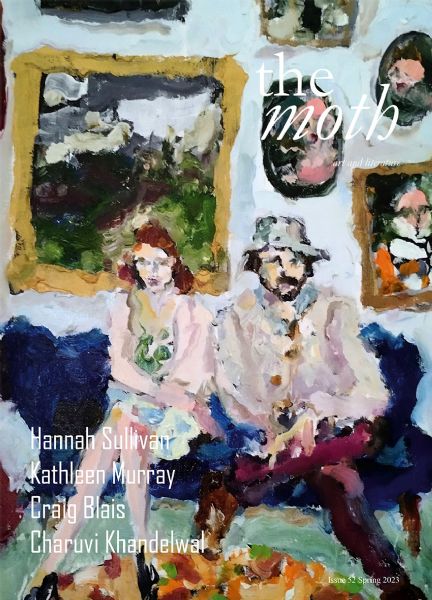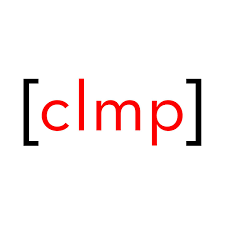Congratulations to the finalists of the ninth annual Firecracker Awards for Independently Published Literature from the Community of Literary Magazines and Presses (CLMP). The awards celebrate the best independently published books of fiction, creative nonfiction, and poetry as well as the best literary magazines in the categories of debut and general excellence.
CLMP will announce the winners during a virtual awards ceremony on June 22 at 6:00 PM EST. Each winner in the books category will receive $1,000 to $2,000 for the press and $1,000 for the author or translator. The magazine winners will each receive $1,000. The publishers of winning books receive a free one-year membership to CLMP, and magazine winners receive a one-year CLMP member subscription to Submittable. All winners are included in a national publicity campaign. Good luck, everyone!
FICTION
Brother Alive by Zain Khalid
Grove Atlantic, July 2022
God’s Children Are Little Broken Things by Arinze Ifeakandu
A Public Space Books, June 2022
Stories of a Life by Nataliya Meshchaninova, translated by Fiona Bell
Deep Vellum, February 2022
Violets by Kyung-sook Shin, translated by Anton Hur
Feminist Press, April 2022
When I Sing, Mountains Dance by Irene Solà, translated by Mara Faye Lethem
Graywolf Press, March 2022
CREATIVE NONFICTION
Brown Neon by Raquel Gutiérrez
Coffee House Press, June 2022
Conversations with Birds by Priyanka Kumar
Milkweed Editions, November 2022
Imminent Domains: Reckoning with the Anthropocene by Alessandra Naccarato
Book*hug Press, October 2022
O by Tammy Nguyen
Ugly Duckling Presse, April 2022
Optic Subwoof by Douglas Kearney
Wave Books, November 2022
POETRY
Customs by Solmaz Sharif
Graywolf Press, March 2022
Look at This Blue by Allison Adelle Hedge Coke
Coffee House Press, March 2022
Maafa by Harmony Holiday
Fence Books, April 2022
The Rupture Tense by Jenny Xie
Graywolf Press, September 2022
Togetherness by Wo Chan
Nightboat Books, September 2022
MAGAZINES/BEST DEBUT
128 Lit
The Ampersand Review of Writing & Publishing
Lampblack
LIBER: A Feminist Review
Lines & Breaks
MAGAZINES/GENERAL EXCELLENCE
The Arkansas International
Ecotone
Ninth Letter
Orion
Oxford American






